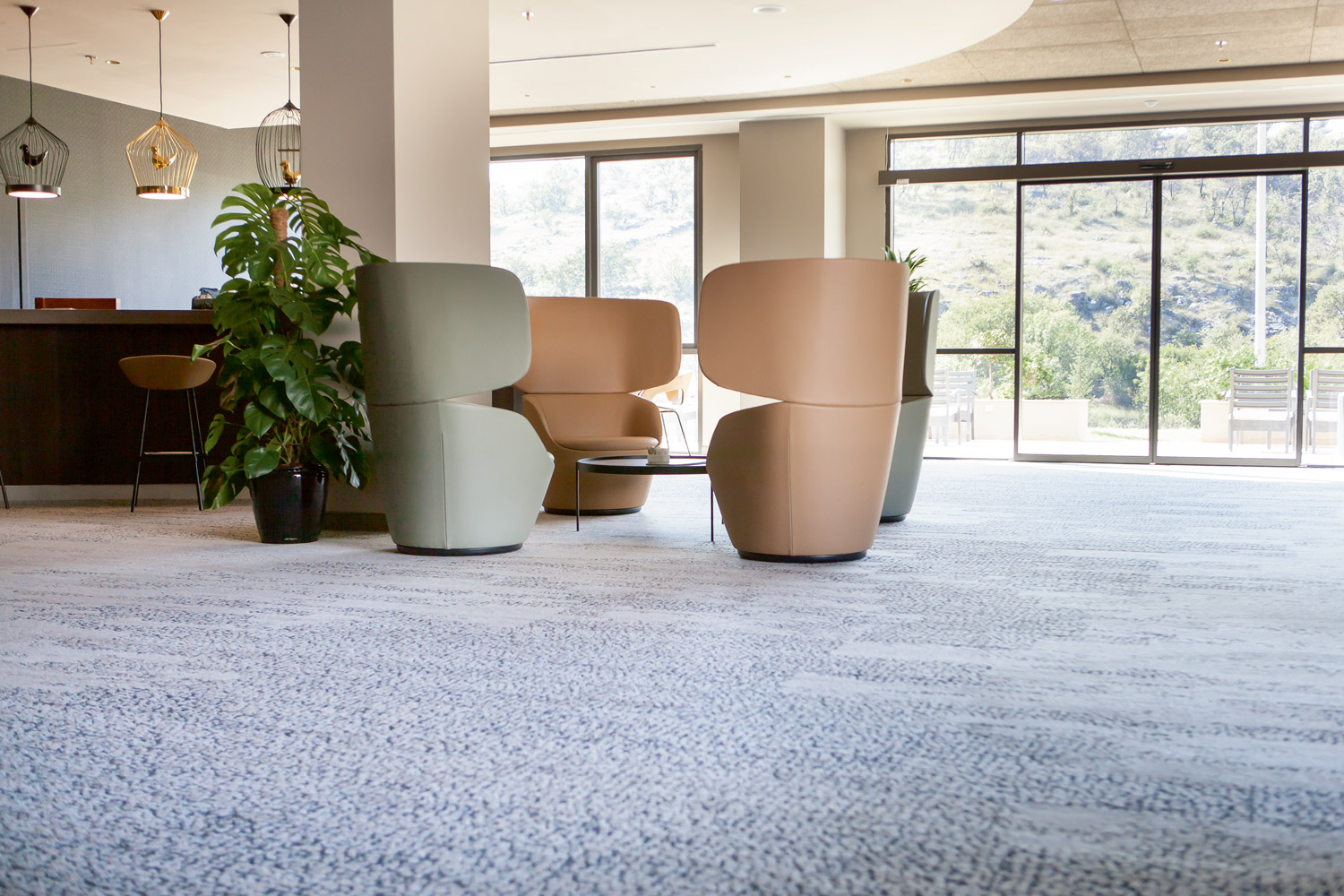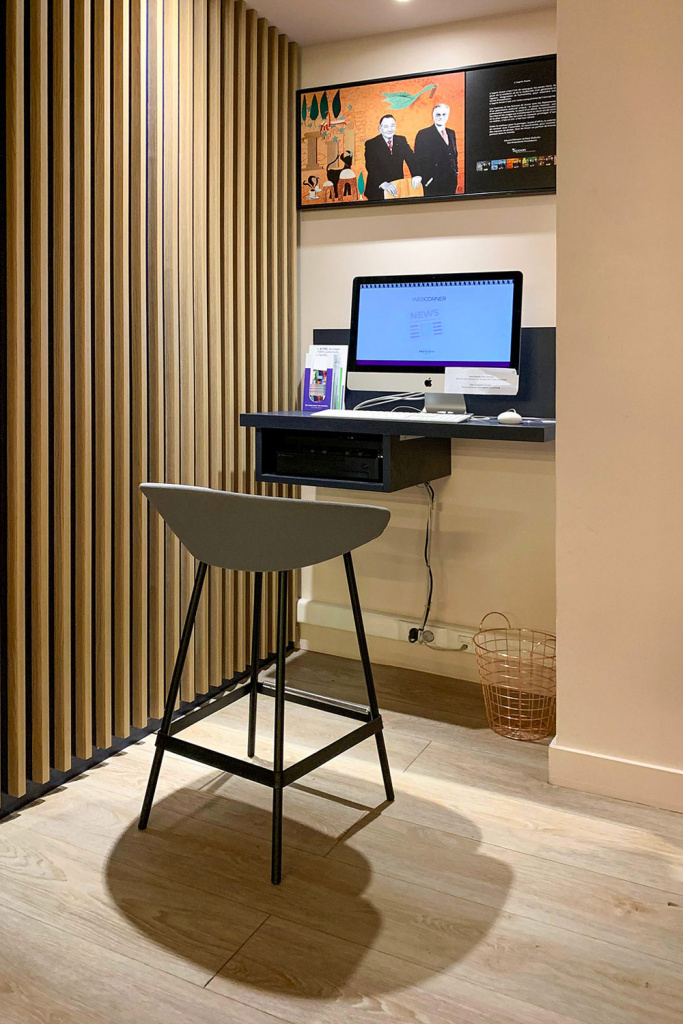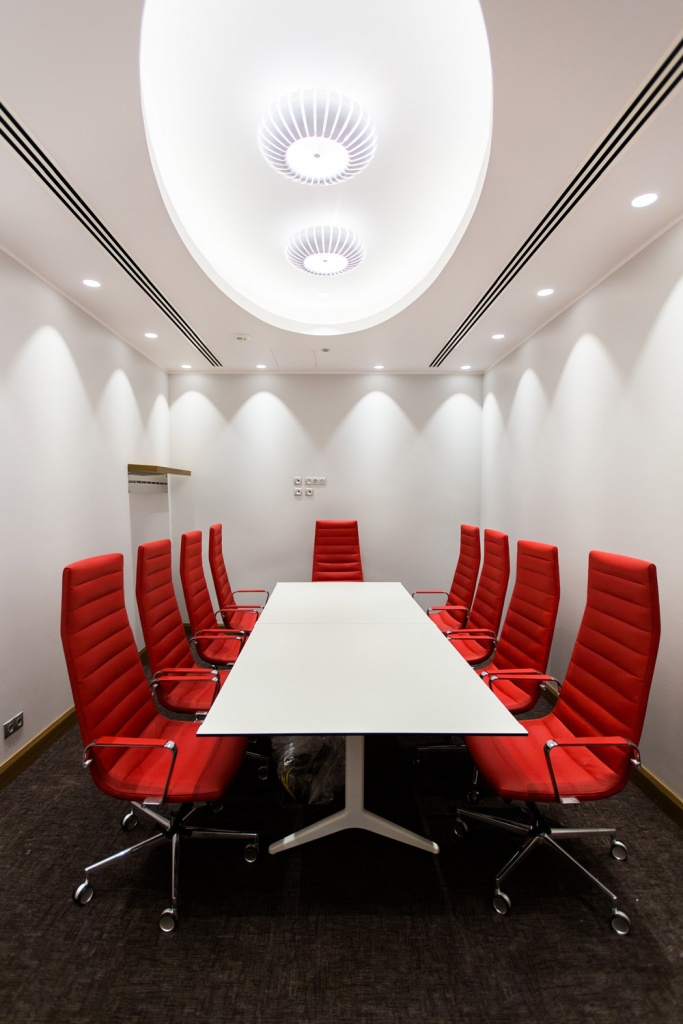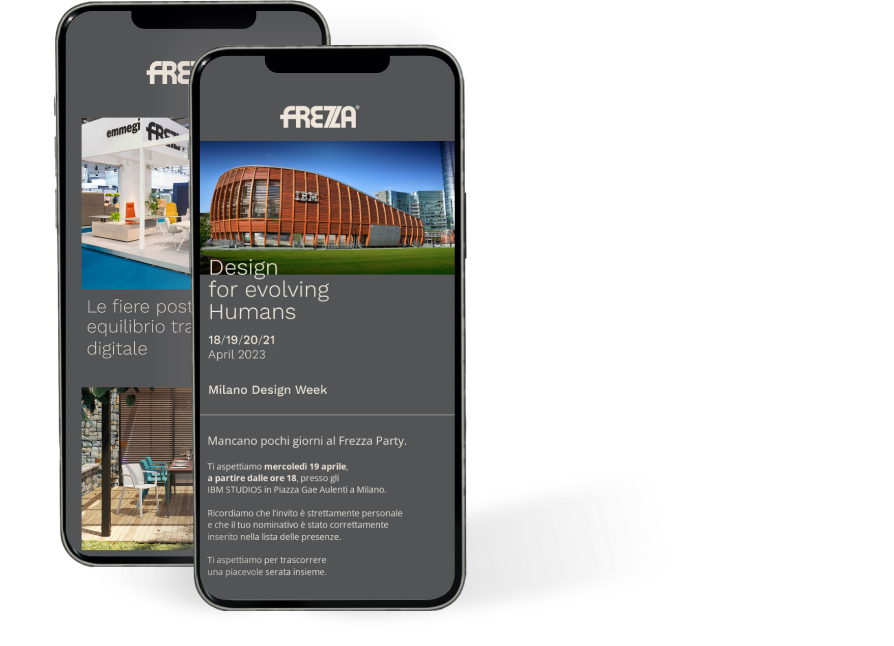Time passes, spaces are reinvented and work becomes increasingly flexible. Smart working goes beyond the rigidity of office hours and an even more “agile” version of it even leaves its physical walls.
For some time now, many hotels have been offering business travellers, digital nomads and remote workers a number of services to help them cope with their work routines. Co-working areas for work related activities combined with living environments such as bars and lounge rooms have become quite a common option in the hospitality field.
This strategy allows hotels to obtain at least two advantages: profit from spaces that would remain unused and an increase in the influx of people who use side services to the usual desk and wi-fi package, such as bars, restaurants or gyms.
First in low season and now because of the health emergency, hotels have organized themselves for “remote” workers, offering bedrooms as day offices or setting up structured areas for work activities.
Is this the end of the office as we know it? Absolutely not.
What we are witnessing is an expansion of the workstation concept, where the only strictly necessary feature is connectivity.
Years have passed since the “novelty” of the hyper-connected Starbucks shops. The new frontier is represented by hotels, with both the pandemic period we’re living through and the necessary rotation of workers in the office as a contributing factor.
Hotels, because of their characteristics, have the ideal spaces for the organization of co-working. There are no architectural barriers that prevent socialization between one workstation and another, but they are spaced far enough apart not to disturb each other. Privacy, sanitisation and strict health, safety and hygiene protocols are key.
Workspitality: the hotel reinvents itself
Those who travel(led) frequently for work will have at least once taken advantage of a hotel lobby to recharge their smartphone or taken advantage of the wi-fi connection to send an urgent email.
The concept of Workspitality, a fusion of the terms Work and Hospitality, wants to be the evolution of this practice, as common as it is underestimated. There are no fixed rules in this regard: every hotel chain (and not only) in the world is looking for the formula that best suits its spaces and regular customers.
There are those who have decided to leave their lobby open to everyone free of charge and those who have opted for paid packages, based on an hourly, daily or monthly rate.
Others have taken advantage of the co-working opportunity to attract a new, younger and “trendier” target, offering a company dedicated space with a strong media and/or digital presence, able to increase brand awareness like an influencer.
Structures with many rooms have made these available to workers without the requirement of an overnight stay: the payment includes the morning to evening stay, in most cases with the use of the restaurant or other services included.
Left picture: courtesy of Hotel Mercure – Rouen – Karl stool by L. Nichetto; right picture: Courtesy Radisson Blue Hotel Sheremetyevo Moscow – Key armchair
The essential features of co-working in hotels
- High connectivity – A normal wi-fi is not enough: lobbies and rooms must allow maximum speed, even at times when more people are using the network.
- Electrification – Each workstation must allow connection to an electrical outlet (standard or USB), so you can recharge laptops, tablets and smartphones easily.
- Comfortable seating – Furniture in the hospitality industry has always served a dual function: enhance the room’s design and be comfortable for guests. Comfort in this environment becomes even more of a priority because – unlike the tourism industry – seating is used longer throughout the day.
- Access to other areas – Co-workers may also want to use other areas of the hotel, such as bathrooms, bars, restaurants, gyms, spas or green areas. Offering these services to workers can thus turn into a great business lever, incentivizing and increasing the purchase of additional services.
- Meeting/conference rooms – Privacy is fundamental in every job: the accommodation should therefore offer the possibility to use equipped meeting rooms, in line with the modern office’s status of the art.
Why choose to work in hotels?
There are many reasons for this. There are those who need a break from the office routine, those who are unable to work at home because of the presence of others and those who, for work reasons, have to move often.
Hotels could therefore offer a lively, informal atmosphere where outsiders mix with guests to create an international mix. The environment becomes stimulating, and could encourage networking and creativity.
In this case, the winning formula is the versatility of the offer: facilitate the daily office work routine with the comfort of a professional and well-designed environment, thanks to the right furnishings.
Cover: courtesy of Hotel Verde Complex Podgorica – RadarArmchair by Claesson Koivisto Rune



